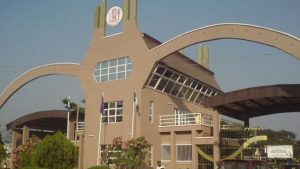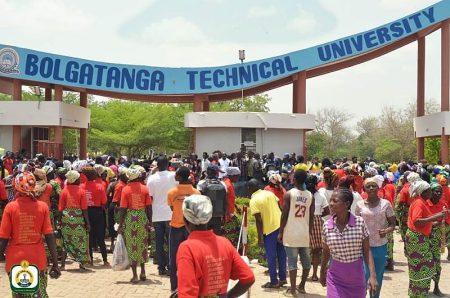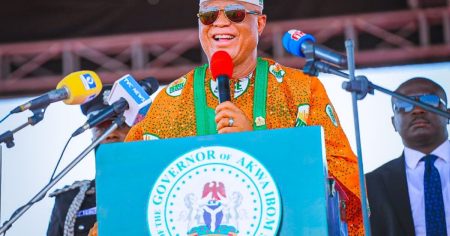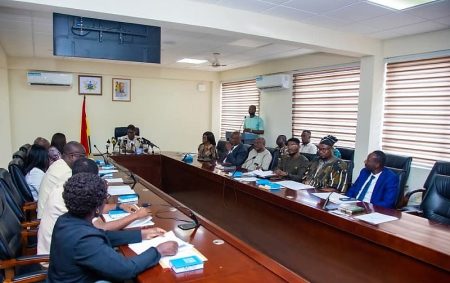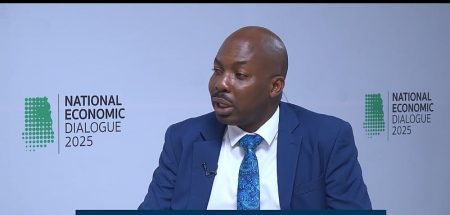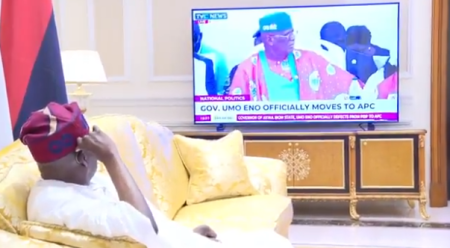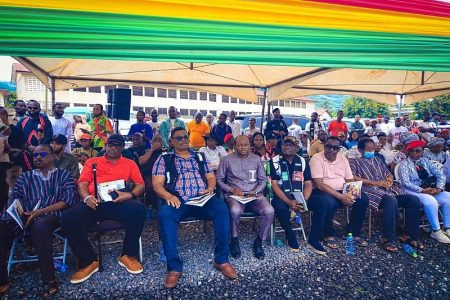The New Patriotic Party (NPP), Ghana’s major opposition party, has announced its intention to launch street protests against the newly passed Energy Sector Levy (Amendment) Bill, 2025. This bill introduces a GH¢1 levy on each liter of fuel, a move the NPP vehemently opposes, labeling it a “wicked” and “obnoxious” tax burden on Ghanaians already struggling with economic hardships. The party’s National Organiser, Henry Nana Boakye, announced the planned demonstration in Kumasi, emphasizing a collaborative effort with other political groups to amplify public discontent. This protest signals a significant escalation of the NPP’s opposition to the levy and sets the stage for a potential showdown with the ruling government. The NPP’s core argument revolves around the perceived insensitivity of the new levy, which they argue adds an unbearable financial burden on citizens grappling with the rising cost of living.
The passage of the bill in Parliament on June 3rd, 2025, was fraught with contention. The Minority Caucus, largely composed of NPP members, staged a walkout in protest against the levy, highlighting their strong disapproval. Their arguments echoed the NPP’s concerns about the financial strain on citizens and criticized the government for imposing further economic hardship. This parliamentary walkout underscores the deep divisions within the legislature regarding the levy and serves as a precursor to the NPP’s planned street protests. The government’s justification for the levy centers on the pressing need to address a burgeoning debt crisis within the energy sector, which has reportedly reached US$3.1 billion as of March 2025. They argue that this levy is essential to stabilizing the sector and ensuring a consistent and reliable power supply for the nation.
At the heart of this controversy lies a fundamental disagreement about the appropriate approach to tackling the energy sector’s financial challenges. The government views the levy as a necessary, albeit painful, measure to ensure long-term stability and prevent a complete collapse of the energy sector. They maintain that the alternative – allowing the debt to spiral out of control – would have far more dire consequences for the nation’s economy and the well-being of its citizens. However, the NPP contends that the government’s approach is misguided and places an undue burden on ordinary citizens, who are already struggling to make ends meet. They argue that alternative solutions should be explored, including greater efficiency within the energy sector and a more equitable distribution of the financial burden.
The NPP’s planned protests represent not only a rejection of the levy itself but also a broader critique of the government’s economic policies. They accuse the government of prioritizing short-term solutions over long-term sustainable strategies, and of failing to adequately address the root causes of the energy sector’s financial woes. The NPP’s mobilization efforts signal a concerted campaign to pressure the government into reconsidering the levy and exploring alternative approaches. Their call for nationwide resistance suggests a long-term strategy to challenge the government’s economic policies and potentially influence public opinion against the levy. This brewing conflict reflects a deeper political struggle over economic management and the distribution of resources in Ghana.
The government, led by Finance Minister Dr. Cassiel Ato Forson, maintains that the levy is a critical step towards resolving the energy sector’s debt crisis and ensuring the nation’s energy security. They argue that the levy, though unpopular, is a necessary short-term measure to prevent a more severe economic crisis in the future. The government’s decision to introduce the bill under a certificate of urgency underscores the perceived gravity of the situation and their determination to implement the levy swiftly. However, this approach has further fueled the opposition’s criticism, who view it as a heavy-handed tactic to bypass proper parliamentary scrutiny and public debate. This clash of perspectives highlights the complex political and economic landscape in Ghana and sets the scene for a potentially protracted struggle over the levy’s implementation.
The upcoming street protests orchestrated by the NPP represent a significant escalation in the political battle over the new fuel levy. The NPP’s characterization of the levy as “wicked” and “obnoxious” highlights the depth of their opposition and their commitment to mobilizing public support against it. The outcome of these protests and the government’s response will likely have significant implications for the political and economic stability of Ghana. The government’s ability to effectively communicate the necessity of the levy and mitigate its impact on vulnerable populations will be crucial in managing public discontent. The NPP’s success in mobilizing widespread opposition could force the government to reconsider its strategy and potentially explore alternative solutions. This unfolding situation underscores the importance of open dialogue and compromise in addressing complex economic challenges in a democratic society.


